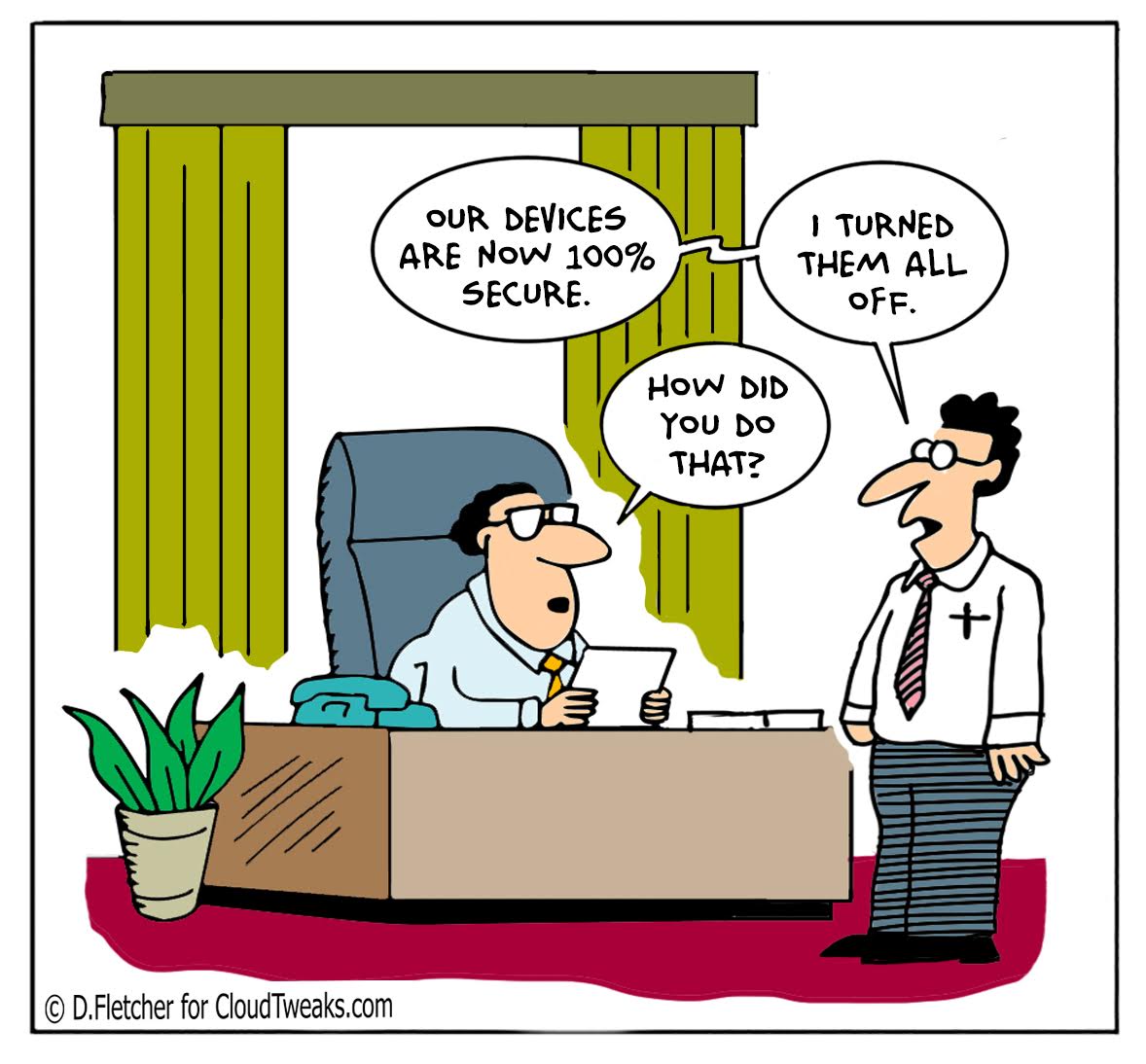India is at the third position in a list with some of the most ‘democratic’ countries like Syria, Saudi Arabia, etc. Internet shutdowns can have some serious free speech and free association implications, which is why it is necessary to have clear and precise regulations to ensure that this power is not used arbitrarily and unreasonably.
The internet has grown from being just a communication medium to becoming a marketplace, an entertainment source, a news centre, and much more. At any given moment, there are thousands of gigabytes of information travelling across the planet. But all of this comes to a standstill when the internet shuts down. An internet shutdown is a government-enforced blanket restriction on the use of internet in a region for a particular period of time. The reasons vary from a law and order situation to a dignitary visiting the place. There is a requirement for an analysis into whether such shutdowns can be justified, even on the direst of grounds.


